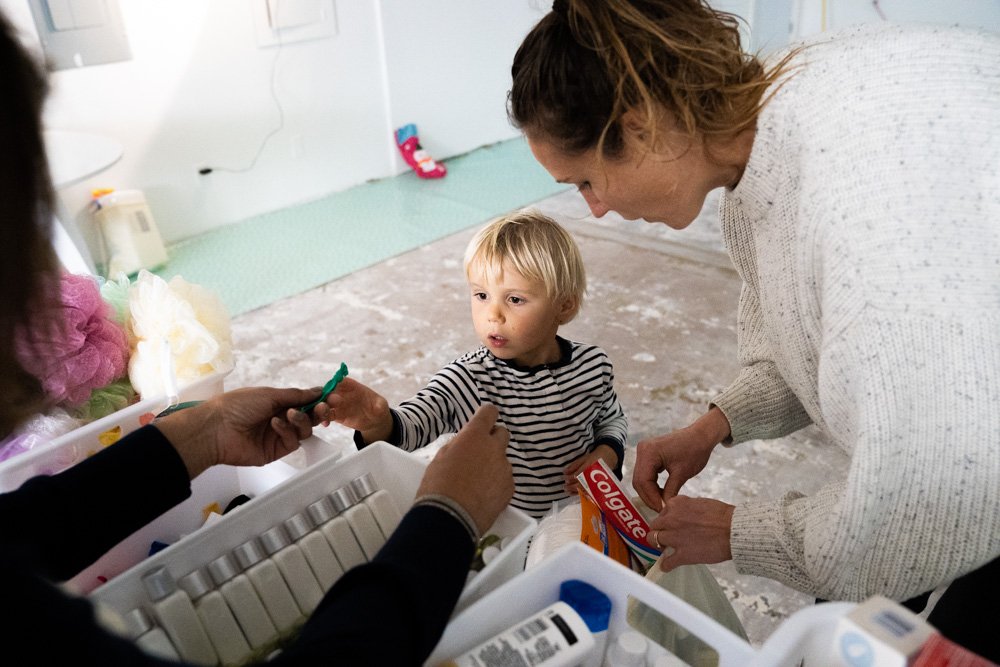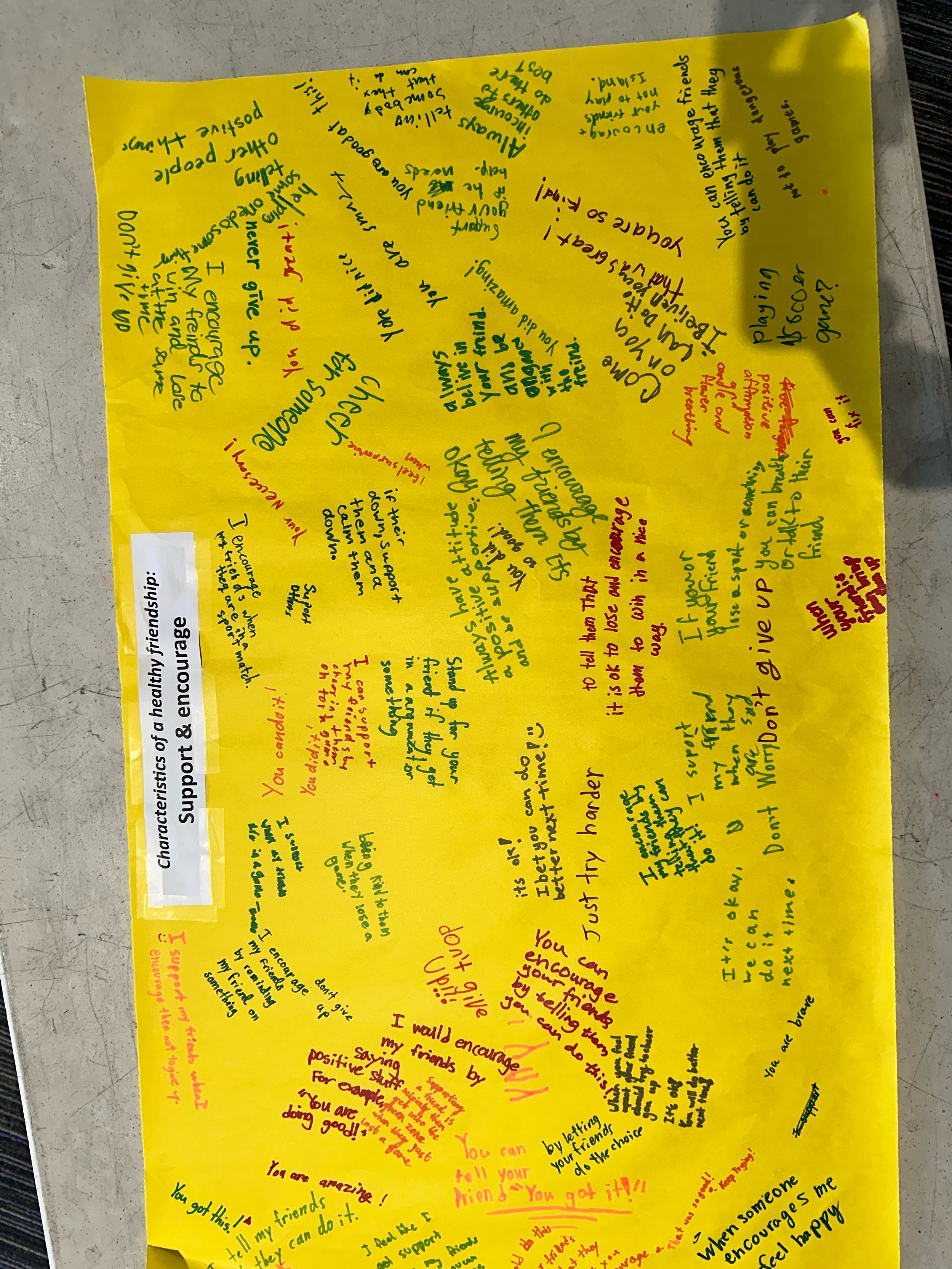
Progam
HAPPIER KIDS, LESS VIOLENCE
CARE HARD • GOT UR BACK • LEAVE IT BETTER • AWESOME ADVOCATE •
CARE HARD • GOT UR BACK • LEAVE IT BETTER • AWESOME ADVOCATE •
Get anytime access to our growing collection of classes, workshops, and exclusive content. New items added every month.
Care Hard is an evidence-based program that helps solve for critical social and mental health issues affecting young people. The programs, actions, and worksheets are designed to reverse feelings of hopelessness, fear, and worry.
“In 30 years of collecting similar data, we’ve never seen this kind of devastating, consistent findings. There’s no question young people are telling us they are in crisis. The data really calls on us to act.”





















































Pedagogy and Methodology
Common core aligned: ELA, Social Studies, Math, and Problem-Solving
Express care, challenge growth, provide support, share power, expand possibilities.
-
5C’s
5Cs model of positive youth development (PYD): competence, confidence, character, connection, and caring are important for purpose in life, hope, and well-being.
ACT Therapy
Developing psychological flexibility and accept thoughts and feelings. Taking action based on personal values and goals.
PYD
Positive youth development, or PYD, suggests certain positive influences, can help young people succeed.
PTV
The pathway to violence begins with a grievance and follows a six step process. Certain activities create vulnerabilities open to detection.
40 Assets
The 40 Developmental Assets focuses on external and internal assets that kids need to experience success.
-
Provide Upstream Protective Factors
Strengthens young people’s sense of identity, belief in the future, self-regulation, and self-efficacy as well as their social, emotional, cognitive, and behavioral competence.
* Connection
* Resiliency
* Communication
* Empathy
* Creative Thinking
* Conflict Resolution
* Problem Solving
* Self-Esteem
* Social Skills
* Commitment to School
* Working with People
* Entrepreneurship
* Mentor Confidence
* Mentor Communication
* Community Activity
Prevent Risk Factors
Risk factors are the result of underdeveloped social skills and unsafe environments. People lack sufficient education to understand important signs of risk factors which ultimately provides a path whereby the risk simmers, grows, and deploys. The Care Hard System is appropriate plan to tackle these factors.
* Loneliness
* Anxiety
* Bullying
* Social-Isolation
* Depression
* Self-Harm
* Harm to Others
* Community Violence
-
External Assets
External assets are the assets that center around positive experiences from the people and experiences in a young person's life. The System focuses on the relationships and opportunities they need in their families, schools, and communities (external assets).
* Support (family support, positive family communication, other adult relationships, caring neighborhood, caring school climate)
* Empowerment (community values youth, youth as resources, service to others, safety)
* Boundaries and Expectations (family boundaries, school boundaries, neighborhood boundaries, adult role models, positive peer influence, high expectations)
* Constructive Use of Time (creative activities, youth programs, religious community, time at home)
* Five C's: Competence, Confidence, Connection, Character, Caring
Internal Assets
Internal assets are those that focus on individual qualities that guide positive choices and develop a sense of confidence, passion, and purpose. The System focuses on the social-emotional strengths, values, and commitments that are nurtured within young people (internal assets).
* Support (family support, positive family communication, other adult relationships, caring neighborhood, caring school climate)
* Empowerment (community values youth, youth as resources, service to others, safety)
* Boundaries and Expectations (family boundaries, school boundaries, neighborhood boundaries, adult role models, positive peer influence, high expectations)
* Constructive Use of Time (creative activities, youth programs, community programs, time at home.
-
Care Hard provides opportunity and learning space to develop key skills required fo adulthood. These skills are honed through challenges and projects that are organized in the System and categorized as Quests.
* Analytical Thinking and Innovation
* Active Learning
* Complex Problem-Solving
* Critical Thinking and Analysis
* Creativity, Originality, and Initiative
* Leadership and Social Influence
* Technology Use and Design
* Resilience, Stress Tolerance, and Flexibility
* Reasoning, Logic, Problem-solving, and Ideation
* Emotional Intelligence
* Service Orientation
* Entrepreneurship, Management, and Teamwork
* Systems Evaluation
* Persuasion and Negotiation
* Product Marketing and Sales
-
Care Hard helps to highlight and support existing school values. Additionally, the System provides the foundation upon which the core values listed below support Inlight Institute's mission and the core teachings of the Care Hard System:
* Accountability
* Attentiveness
* Care
* Commitment
* Community
* Contribution
* Courage
* Courtesy
* Effort
* Empathy
* Gratitude
* Integrity
* Kindness
* Patience
* Purpose
* Recognition
* Reliability
* Respect
* Sincerity
* Sportsmanship
* Teamwork
* Tolerance
-
Care Hard provides 2 key event programs - the Care Fair and the Care Market. The time between the event is spent in a Quest where kids are prompted to create a Care Plan, their own purpose-driven micro business that supports a cause or nonprofit. The learning space for entrepreneurship helps kids practice leadership, business acumen, and resilience.
-
Each program provides an activity that aims to build civic muscles. The Focus on Advocacy develops self-esteem as kids practice communication skills, civic participation, and understanding personal boundaries.
-
Each progam provides books and multimedia to support grade-level instruction. The resource pack also highlights culturally rich materials and highlights organizations that support different causes, people, and needs.



